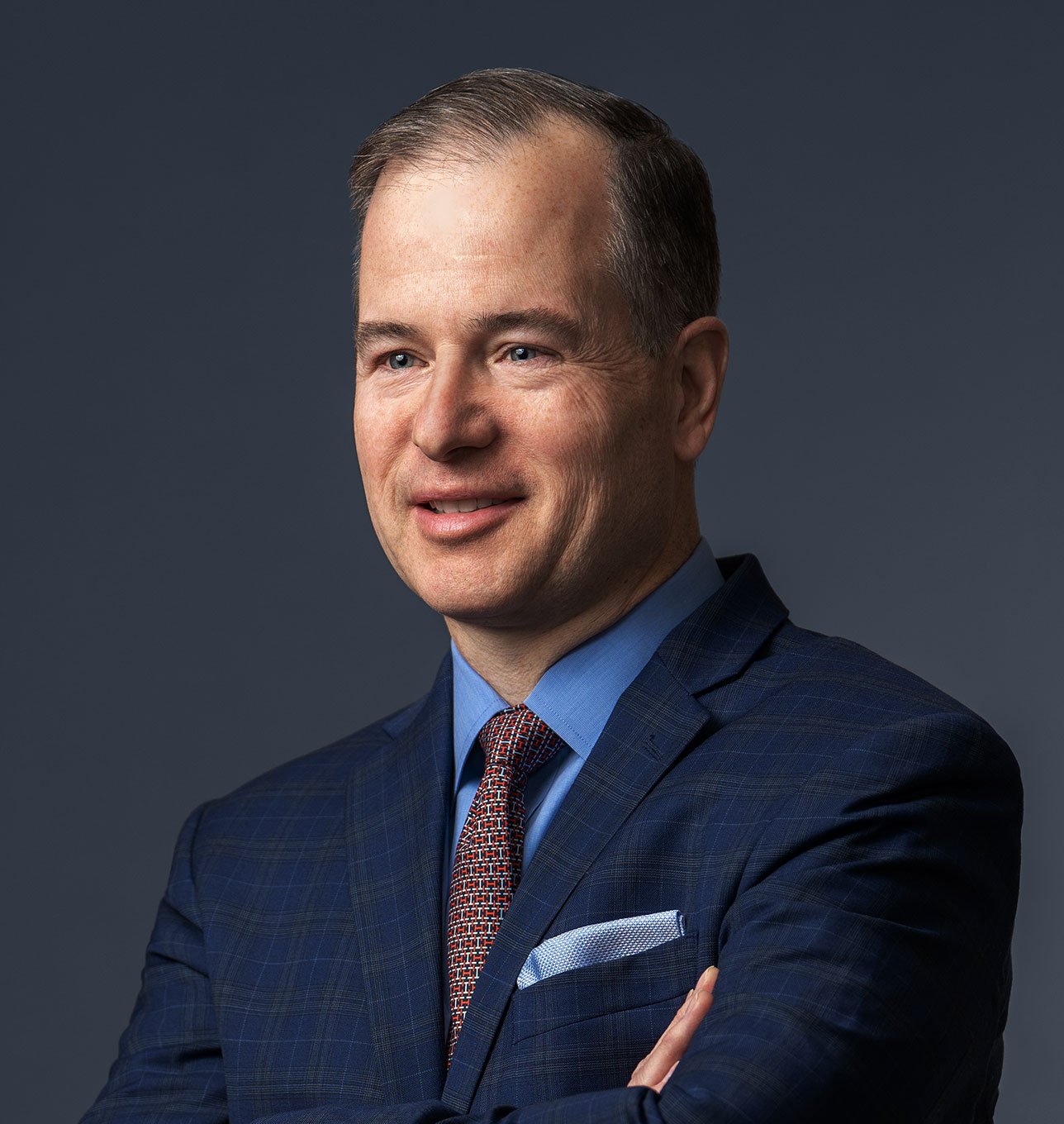Despite Federal Court Ruling, Efforts to Name AI an Inventor Likely to Continue
The first, and possibly most important, part of getting an invention patented is identifying who invented it.
Traditionally, that was not much of a feat. Today, however, “inventors” are beginning to look different from what the Patent Act imagined when it passed at the end of the 18th century.
Perhaps few other instances portray that better than Thaler v. Vidal, where the U.S. Court of Appeals for the Federal Circuit ruled that artificial intelligence (AI) machines cannot be named inventors because the law expressly states that inventors are “individuals,” and machines simply aren’t. While the debate around whether AI can be an inventor has seen an upswing as machine learning evolves, many were looking to the Thaler decision to settle the discussion once and for all.
But, attorneys aren’t so sure that the decision that came will satisfy AI advocates. In fact, experts see the push to allow AI to be named inventors only rising as more creators work alongside machines.
Whether the attempts will succeed or not, is to be seen. But as long as more machines learn to make novel creations, the fight is set to continue.
To be sure, the stakeholders in the Thaler case have already sought further review and that will likely entail a request to the Federal Circuit for en banc review of the case, noted Andrew DeVoogd, a patent litigation attorney at Mintz, Levin, Cohn, Ferris, Glovsky and Popeo. And while he doesn’t think it would be approved, and is hesitant to “read the tea leaves” about whether the Supreme Court is likely to take on the case if it goes forward, what he is sure of is that the final word will ultimately be Congress.
Indeed, like DeVoogd, most attorneys who spoke to Legaltech News anticipate the conversation heading over to Congress and being incrementally fought there rather than in the U.S. Supreme Court.
Brian Nolan, partner at Mayer Brown, who also sees the decision as up to Congress, noted that the Thaler decision itself was not as final as many people think.
“I think Judge [Leonard] Stark’s opinion [in Thaler] was trying to be very specific to say ‘This is a narrow issue and we are not trying to say that AI-supported inventions are not patentable. We are just saying that AI software itself cannot be patentable,’” Nolan said.
He is careful to add, however, that this doesn’t mean he believes AI may have the potential to be named a co-creator, the way some have suggested. On the contrary, he believes that there needs to be a more focused way to track and distinguish the “human contributions” to AI-assisted inventions.
“When you find something that you think is patentable, you have to identify who really will be the inventor from the outset that you will be putting forward to the United States,” he said. “The problem becomes when the human contribution becomes so far afield from the actual invention that maybe a nexus is severed between what the human contributed and what the final invention is.”
However, as it stands, such a situation is actually unlikely, Nolan said. Most inventions where AI had a significant impact are not “devoid of [human] inventorship totally,” he added.
Of course, as technology becomes more sophisticated and one day AI is in fact able to create without “the nexus” between human and machine, the Patent Act stands to be truly challenged. Imron Aly, attorney at ArentFox Schiff, explained to Legaltech News last week the potential issues that are set to arise if AI is actually named an inventor.
And while that may not be today, it isn’t likely too far.
“The technology has advanced so rapidly in the last five to 10 years that we are really going to have to grapple in earnest from the legal and policy perspective,” DeVoogd said. “[Dr. Thaler] speaks about the status of AI as having personality and emotional responses. That really, for me, is the big picture, deus ex machina question. And it is how the legal system [will] have to confront these issues in a very real way in the future.”
Reprinted with permission from the August 30 edition of Legal Tech News © 2022 ALM Properties, Inc. All rights reserved. Further duplication without permission is prohibited.


